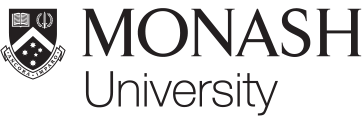Jamie Rossjohn elected into the Fellowship of the Academy of Medical Sciences, UK
Monash University scientist, Professor Jamie Rossjohn, has been elected to the Fellowship of the Academy of Medical Sciences in the UK. The Academy of Medical Sciences Fellows are considered the UK’s leading medical scientists, elected for their contribution to biomedical and health research, the generation of new knowledge in medical sciences and its translation into […]

